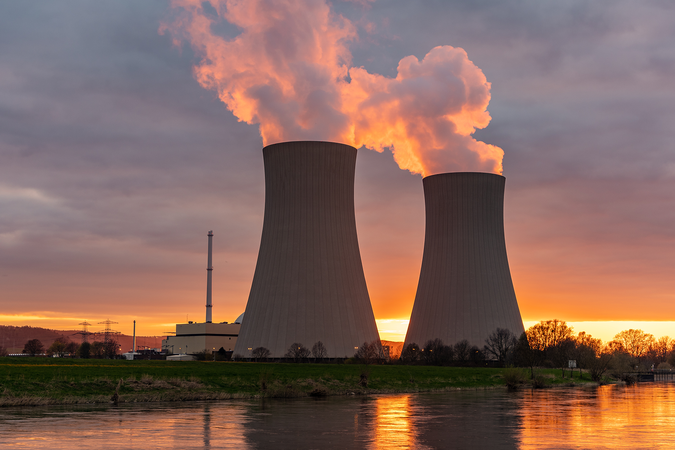China and Climate Change: A Strategy for U.S. Engagement
In the absence of comprehensive domestic legislation to regulate greenhouse gas emissions, the United States has limited influence over China’s climate policy. China’s actions have their own internal logic. To the extent that energy efficiency and environmental goals offer co-benefits that reinforce economic competitiveness, energy security, and pollution control, these policies will have support. In this context, the Obama administration should: (1) follow through on the modest technology agreements completed in November 2009; (2) prioritize domestic legislation at home to up the pressure on China to do more; (3) depoliticize the transparency regime of measurement, reporting, and verification; (4) explore with great care the possibility of border tax adjustments; (5) instruct U.S. negotiators to avoid hectoring China on climate change; (6) pursue sectoral agreements with China to restrain emissions in heavy industry; and, (7) establish an overall policy environment in both countries to give private actors the incentive to alter their behavior to reduce greenhouse gas emissions.
Because the United States has yet to enact comprehensive domestic legislation to regulate greenhouse gas emissions, it has limited influence over China’s climate policy. Although China has shown increased willingness to restrain the growth of its greenhouse gas emissions, Chinese officials assert that developed countries have been historically responsible for climate change and express skepticism about the carbon-reduction targets of richer nations.
In a critical overview of China’s role in climate policy, Joshua Busby, assistant professor at the Lyndon B. Johnson School of Public Affairs at the University of Texas, suggests how America might productively engage China on such issues as carbon measurement, reporting, and verification as well as ways to encourage private sector involvement. Busby’s report, China and Climate Change: A Strategy for U.S. Engagement, also hints at what may take place at the next United Nations Conference of Parties climate summit in December 2010 in Cancun, Mexico. The report is a product of RFF’s Center for Climate and Electricity Policy.
China’s actions have internal logic, Busby notes. “To the extent that energy efficiency and environmental goals offer co-benefits that reinforce economic competitiveness, energy security, and pollution control, these policies will have support,” he writes. To find common ground, he says, the Obama administration should: (1) follow through on the modest technology agreements completed in November 2009 in Copenhagen; (2) prioritize domestic legislation at home to boost the pressure on China to do more; (3) depoliticize the transparency regime of measurement, reporting, and verification; (4) explore with great care the possibility of border tax adjustments; (5) instruct U.S. negotiators to avoid hectoring China on climate change; (6) pursue sectoral agreements with China to restrain emissions in heavy industry; and, (7) establish an overall policy environment in both countries to give private actors the incentive to alter their behavior to reduce greenhouse gas emissions.
Excerpts From The Report
“These episodes are instructive about the nature of U.S.–China relations. On one level, conflictual undercurrents always will run between the two, given different priorities and interests. At the same time, because enough issues of common concern exist, cooperation can be of mutual interest, if the two parties can find a way to set aside their differences. The issue of climate change is wide-ranging enough to encompass sources of disagreement and areas of potential joint gain. That said, the domestic politics in both countries make it difficult to take advantage of those cooperative opportunities.
“On the U.S. side, political and economic considerations constrain the kinds of incentives the Obama administration can offer China, limiting its range of policy options. Meanwhile, China’s cooperation hinges on the central government’s questionable ability and willingness to enforce costly environmental policies at the provincial level, particularly if such policies do not reinforce broader concerns about energy security, competitiveness, or the health costs of pollution.
“While climate and environmental concerns have become more important in China, the country’s leadership largely still measures success based on economic growth. Actions that take away from that core objective are likely to be weakly supported. To the extent that energy efficiency, renewables, and pollution control are increasingly seen as enhancing energy security, buttressing competitiveness, and avoiding unwanted public health expenditures, climate change and economic growth can be complementary. However, should it perceive climate commitments as costly to economic growth, China likely will scale back climate change goals. Although China is beginning to recognize the consequences of climate change given its long coastlines and reliance on glaciers for fresh water, its primary concern remains economic growth.
Authors

Joshua Busby



